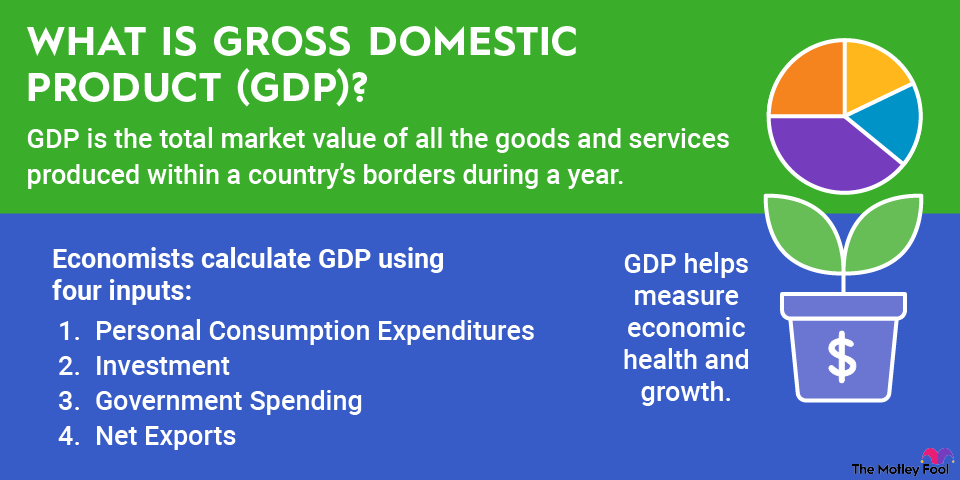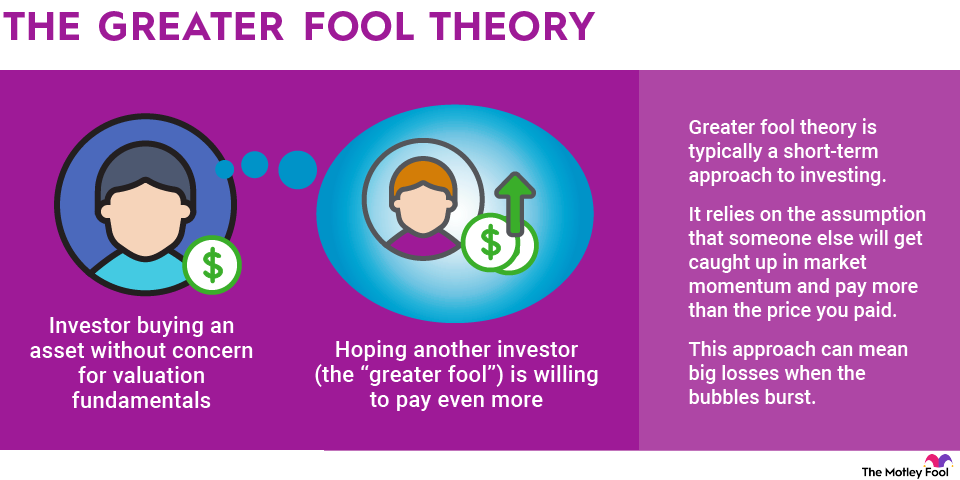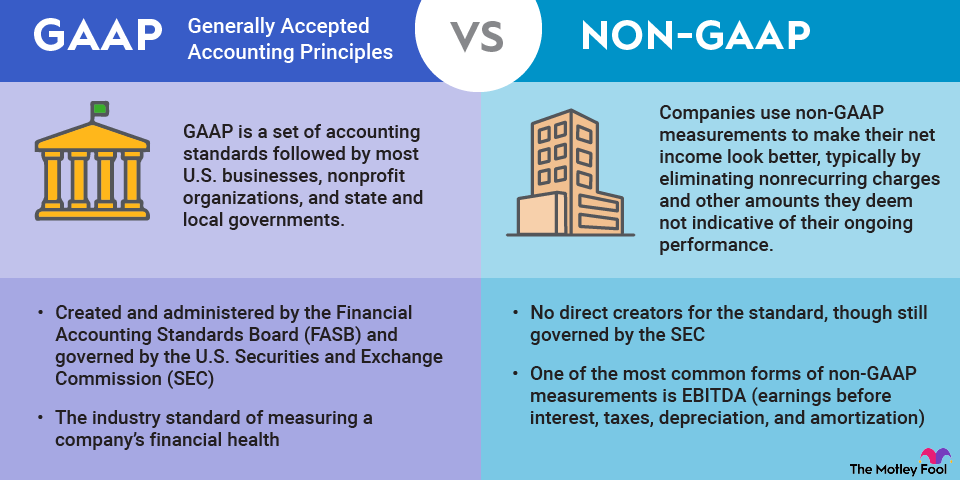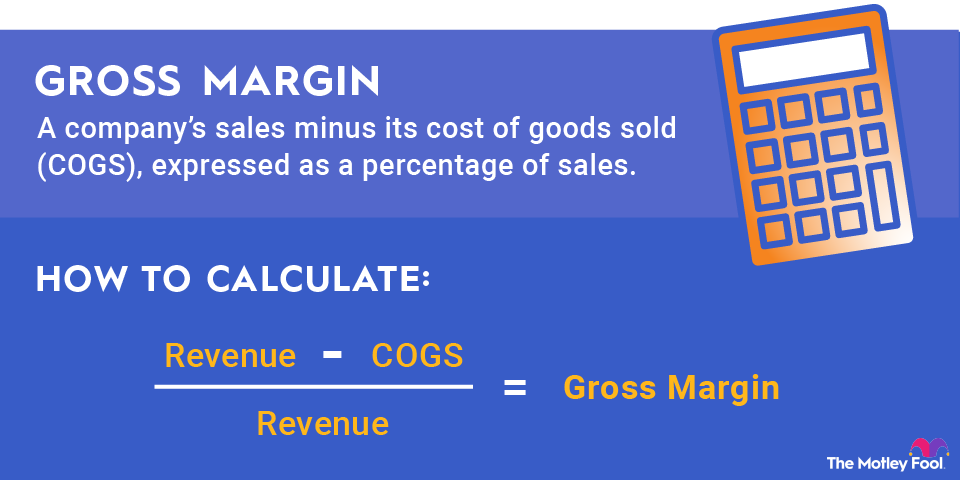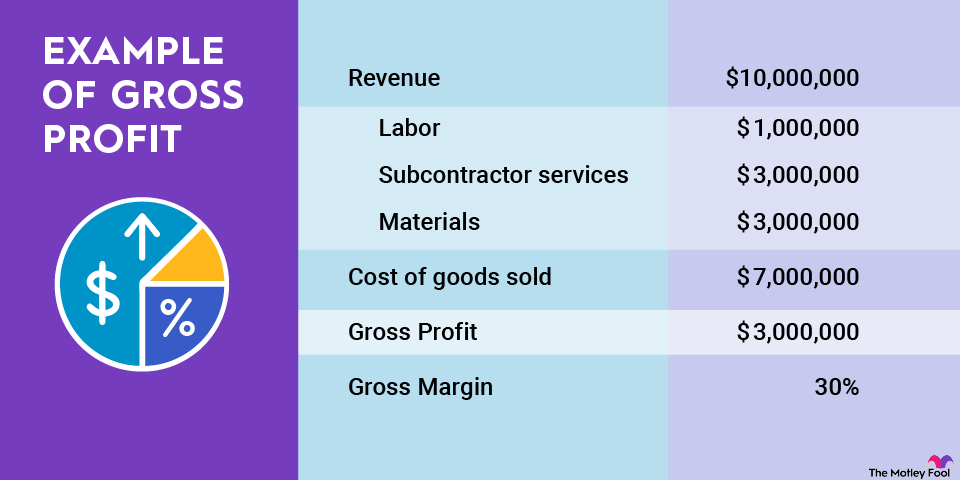Think of Google Gemini as a cousin to Google Search, built on a different technology and with a more conversational feel. Gemini is a large language model (LLM) chatbot developed by Google AI, a division of Alphabet (GOOG +1.40%) (GOOGL +1.48%). It launched as Google Bard in March 2023 and changed its name to Gemini in February 2024.

Unpacking Gemini's story
Like the better-known ChatGPT tool from OpenAI, Gemini generates answers to questions entered in plain text, drawing on a massive database created by artificial intelligence (AI) tools and billions of pages of human text.
This isn't just a matter of Gemini dishing out what it's been spoon-fed as a traditional search engine does. Rather, Gemini learns from the inputs it receives, using them to craft meaningful, remarkably human-like responses.
The LLM generates text from the ground up based on a deep understanding of language patterns. Search engines simply find the published text you are looking for. So if you're wondering how Gemini compares to Google Search, it's a bit like comparing a novelist with a librarian -- both are incredibly useful, but they have different specialties.
Does Google Gemini produce good results?
Google Gemini is an interesting and powerful example of modern AI technology. Like ChatGPT's Generative Pre-trained Transformer engine, Gemini's underlying LLM engine by the same name is based on a large text collection that includes all of Wikipedia, lots of content from the open internet, and the nonprofit Common Crawl collection of freely available text. However, Gemini was also trained on multimodal data such as digital images, audio, and video. This language model has practiced not only on words but also on various types of multimedia.
The PaLM 2 LLM that powered the older Bard platform is still available to developers, but the Google Gemini chatbot only works with various versions of the Gemini engine.
The inner workings of PaLM 2 are different from the GPT model, and the Gemini engine is a very different animal internally. Nevertheless, the end user sees similar results.
Gemini also has access to the Google Search service and can pull answers directly from the internet. ChatGPT tried a similar integration with Microsoft's (MSFT +0.41%) Bing in the spring of 2023, but the integration was disabled six weeks later due to inappropriate Bing results popping up in the ChatGPT interface. ChatGPT might bring the Bing plugin back after setting up the right filters and safeguards, but search engine access is an integral part of Gemini.
If you're wondering why Google originally chose the name Bard, it's a nod to the poetic role of bards throughout history -- an apt title for a tool that spins the threads of language into engaging and informative narratives.
The Gemini name, on the other hand, points to the corporate structure behind the AI system. Google's most advanced LLM engine goes by the same name, so Bard's name change clarifies the fundamental technology. In turn, the Gemini AI engine was born from the internal merger of Google Brain and Deepmind. The "twin" AI divisions are now a single Deepmind unit, so it made sense to use the Latin word for "twin" to name the unified team's LLM engine.
Google Gemini's future
As an investor, you should keep an eye on Google's foray into the realm of large language models. Gemini's development is a clear sign of the company's ongoing commitment to AI and its potential applications.
The speed of its deployment after ChatGPT stirred up public interest in AI and chatbots and also highlights the depth of Alphabet's technology bench. Whatever new data analysis, machine learning, or AI tools might hit the public spotlight next, this company probably already has something similar on the back burner.
That is also true for other technology giants, such as Meta Platforms (META +0.59%) and Amazon (AMZN +1.63%). Microsoft's ChatGPT partnership is simply a different road to the same destination.
Amazon Bedrock
Is Gemini ready for action in 2024?
It should be said that chatbots can't serve as a drop-in replacement for standard web search and human ingenuity, at least not in early 2024. Bard's official unveiling showed several examples of outright incorrect results, sparking controversy in the tool's early days.
Gemini and ChatGPT are also known to "hallucinate" from time to time -- simply making up a reasonable-sounding result even if a simple answer is readily available. These issues will probably fade out as the Gemini and GPT AI engines improve, but in the meantime, it may be a bad idea to rely on these engines for reliable fact-finding.
Related investing topics
In the long run, we can look forward to using Google Gemini for a variety of tasks. Gemini's capabilities extend far beyond basic internet searches, from drafting emails and writing code to generating images and interpreting videos. The search engine integration makes this tool particularly handy and will remain a competitive advantage until other AI-powered chatbots figure out how a search feature can work with their platforms.
However, while Gemini's capabilities are impressive, it's unlikely to overshadow its cousin, Google Search. Both have a role in the digital realm. While Gemini offers an exciting glimpse into the future of AI interaction, for the time being, Google Search retains its crown as the go-to tool for internet information retrieval.
